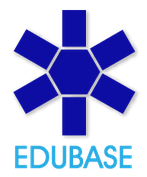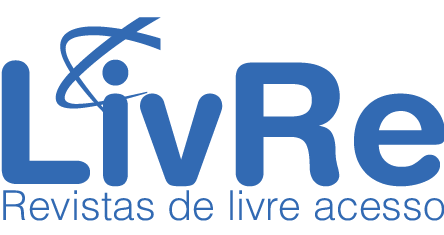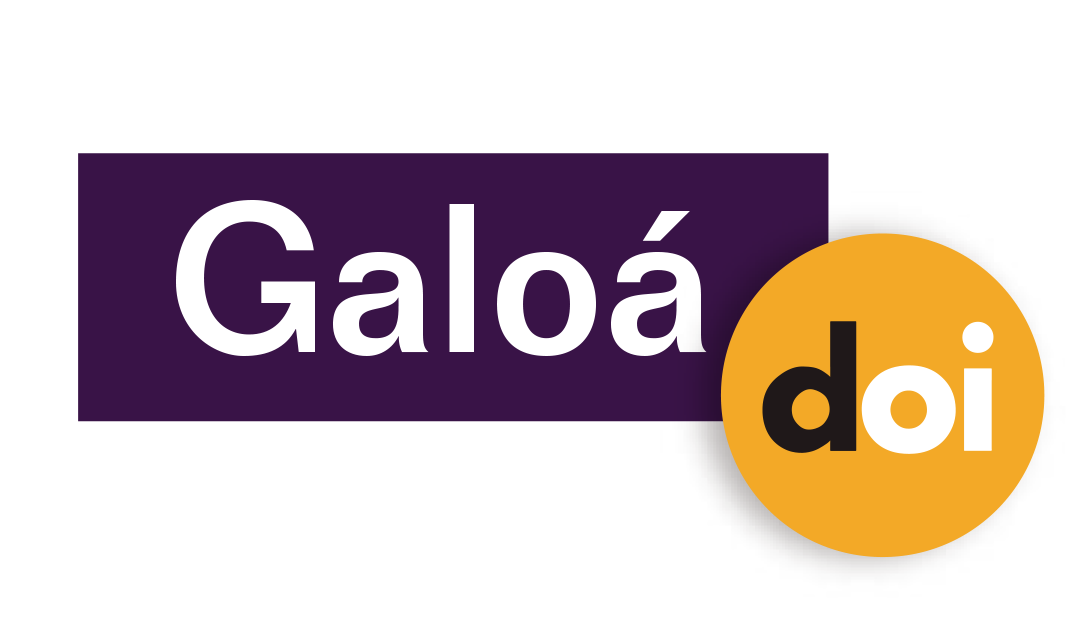Construction of Mathematical and Financial Concepts based on Realistic Mathematics Education
Resumo
Context: This article presents the excerpt of a qualitative Doctorate in Science and Mathematics Teaching research. Objectives: To describe the results of a study carried out with students from an initial teacher training course. Design: From the development of a didactic sequence, a connection was sought between the ideas of Financial Education anchored by Realistic Mathematics Education (RME). Environment and participants: The study was conducted with 11 students from a Pedagogy course at a Brazilian university. Data collection and analysis: The data were collected through written records of the activities performed by the students, the observations of the classes, and the audio and video recordings. The methodology of analysis was defined considering the procedures of Content Analysis, using the modality of thematic analysis that occurs in three phases: pre-analysis, exploration of the material and treatment of the results. Results: The discussions of the problem situations developed according to the principles of RME, aroused in the students interest, curiosity, autonomy, cooperation and reflection on financial situations, showing that this approach contributed in a significant way, with the development of the didactic sequence. Conclusions: This study shows that by teaching mathematics from everyday contexts, several benefits can be achieved, such as motivation and interest to learn mathematics, and by understanding mathematical concepts, students will be able to use them for the organization of their financial life, and in a conscious, responsible and autonomous way, improve their quality of life.
Palavras-chave
Texto completo:
PDF (English)DOI: https://doi.org/10.17648/acta.scientiae.5925
Apontamentos
- Não há apontamentos.
Direitos autorais 2020 Susana Machado Ferreira, Vanilde Bisognin

Esta obra está licenciada sob uma licença Creative Commons Atribuição 4.0 Internacional.
ANÚNCIOS
Informamos que, a partir de outubro de 2024, a revista Acta Scientia volta a aceitar submissões de artigos para publicação.
Mais, informamos que sites fraudulentos, https://periodicos-ulbrabr.org e https://periodicos-ulbrabra.org, estiveram se passando pela Acta Scientiae, utilizando nosso nome e identidade visual e até solicitado taxas de APC, que nós não cobramos. Aconselhamos cautela para evitar serem enganados por sites semelhantes.
Conceito A2 na Capes(2021)
Índice h5 do Google Scholar: 13
Índice mediana h5 do Google Scholar:24
eISSN: 2178-7727
Indexações:
A Acta Scientiae é indexada em: | Scopus |  | Latindex |  | Edubase (SBU/UNICAMP) |
 | Sumarios.org |  | Google Scholar |  | Portal LivRe (CNEM) |
 | Journals for Free |  | REDIB |  | Galoá DOI |

Todos os trabalhos publicados aqui estão sob uma licença Creative Commons - Atribuição 4.0 Internacional.
